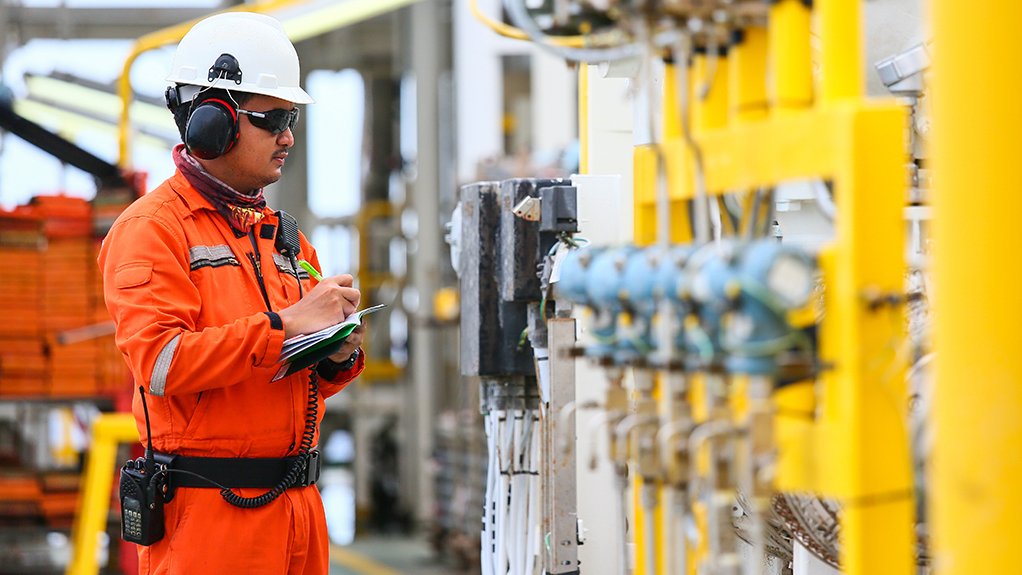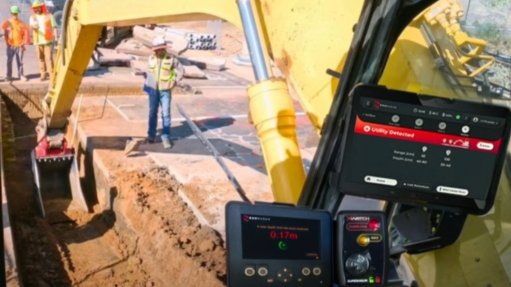Gas can meet commercial and industrial energy needs


SKILLS FOR THE FUTURE Skills need to be developed now to meet the future needs of the gas-to-power industry
While there are various sources of energy, gas remains one of the primary sources that can sustain a large amount of industrial and commercial requirements, says consulting service provider Synergy oil & gas consulting and training GM Ismaeel Fataar.
He explains that a strong ripple effect from growth in the gas-to-power sector is job creation – the sector requires skilled individuals and, therefore, potential workers will need to be upskilled and trained.
The gas-to-power industry can provide jobs and provide small, medium-sized and microenterprises with work opportunities, particularly as potential suppliers, and through indirect work when developing gas-to-power infrastructure.
He adds that while gas-to-power is costly now, it can be a cheaper source of electricity for end-users, once the sector has been fully developed, than the current cost of electricity. Gas would also be a more stable power source.
Fataar says a critical factor that should be addressed is training people to work in the gas-to-power industry.
While the industry is not yet fully developed, it is important to ensure that people with the required skills are available as the industry continues to grow.
A lack of skills transfer and training in the sector is also affecting the industry.
Many training facilities that can upskill artisan engineers are outside of South Africa, which makes it expensive to facilitate skills transfer.
While South Africa has many artisan engineers, many emigrate to countries with more opportunities to apply their skills set, while there is also little to no investment in helping to upskill them to meet the unique needs of the gas-to-power industry, Fataar elaborates.
As a result, South African industries do not have appropriately skilled employees to meet the industry requirements.
He adds that, owing to the various roles required in the gas-to-power industry, it is difficult to quantify which skills are most needed because every role requires different skills sets.
Further, artisans will have varying levels of experience, which affects the amount of training they require, as well as the structure of how skills should be transferred.
It is also important that stakeholders and government encourage, develop and equip young professionals in understanding the technology used to create gas-to-power as an energy source in the power mix.
“. . . government and stakeholders should be investing time and money into promoting gas-to-power as the new wave of bringing energy to the country,” adds Fataar.
A partnership between private stakeholders and government can create the most impact in understanding what the gas-to-power industry requires and how to meet those requirements.
South Africans should be able to do a course that will equip them with the skills required to contribute to the gas-to-power industry without the associated expense or need of having to travel outside of the country to acquire those skills.
Fataar adds that government can also subsidise training to allow and encourage more people to be trained.
Training initiatives are often centered around the youth, but such initiatives should not exclude experienced or older persons, as they often have a base level of knowledge and experience that will allow for their being upskilled quicker, he says.
Thus, they can join the industry after a shorter period of training, compared to those who are inexperienced and may require a longer period of training to the same level of competence.
Additionally, once the older workforce is upskilled and contributing to the industry, they can transfer their skills and knowledge to the youth, consequently enabling the industry to grow continually while having a skilled workforce.
Fataar concludes that skills development should not begin once the gas-to-power industry is active – there should rather be investment in the training programmes during the current, initial stage of development to ensure the required skills are available as the industry develops.
Article Enquiry
Email Article
Save Article
Feedback
To advertise email advertising@creamermedia.co.za or click here
Press Office
Announcements
What's On
Subscribe to improve your user experience...
Option 1 (equivalent of R125 a month):
Receive a weekly copy of Creamer Media's Engineering News & Mining Weekly magazine
(print copy for those in South Africa and e-magazine for those outside of South Africa)
Receive daily email newsletters
Access to full search results
Access archive of magazine back copies
Access to Projects in Progress
Access to ONE Research Report of your choice in PDF format
Option 2 (equivalent of R375 a month):
All benefits from Option 1
PLUS
Access to Creamer Media's Research Channel Africa for ALL Research Reports, in PDF format, on various industrial and mining sectors
including Electricity; Water; Energy Transition; Hydrogen; Roads, Rail and Ports; Coal; Gold; Platinum; Battery Metals; etc.
Already a subscriber?
Forgotten your password?
Receive weekly copy of Creamer Media's Engineering News & Mining Weekly magazine (print copy for those in South Africa and e-magazine for those outside of South Africa)
➕
Recieve daily email newsletters
➕
Access to full search results
➕
Access archive of magazine back copies
➕
Access to Projects in Progress
➕
Access to ONE Research Report of your choice in PDF format
RESEARCH CHANNEL AFRICA
R4500 (equivalent of R375 a month)
SUBSCRIBEAll benefits from Option 1
➕
Access to Creamer Media's Research Channel Africa for ALL Research Reports on various industrial and mining sectors, in PDF format, including on:
Electricity
➕
Water
➕
Energy Transition
➕
Hydrogen
➕
Roads, Rail and Ports
➕
Coal
➕
Gold
➕
Platinum
➕
Battery Metals
➕
etc.
Receive all benefits from Option 1 or Option 2 delivered to numerous people at your company
➕
Multiple User names and Passwords for simultaneous log-ins
➕
Intranet integration access to all in your organisation


















